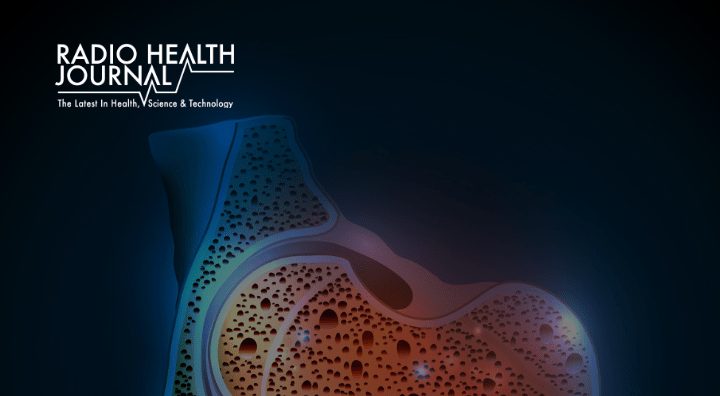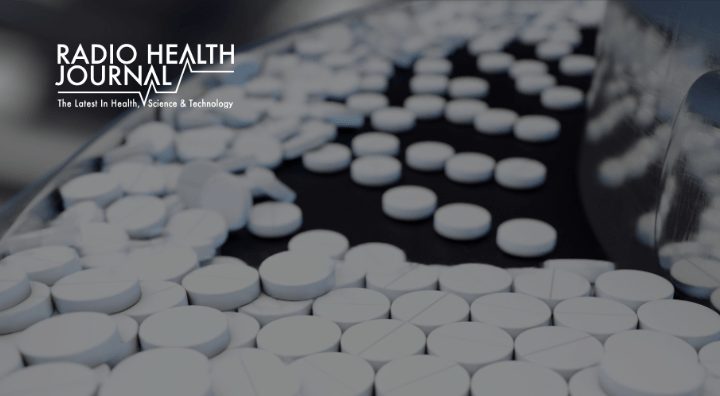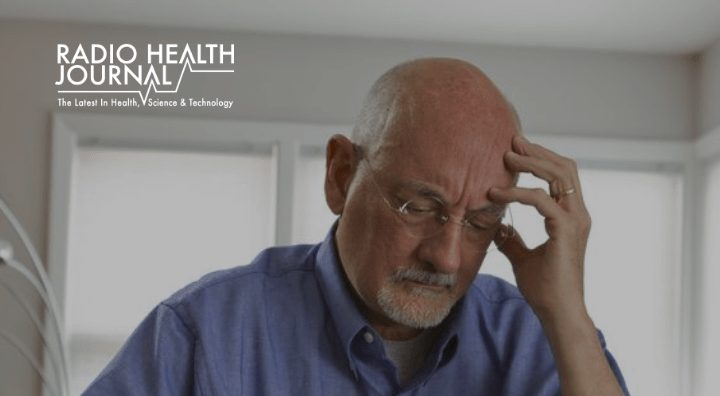Dealing With the Increase in Osteoporosis
Osteoporosis is increasing as America ages. However, fewer people are being tested for bone density and are agreeing to treatment because of side effects of osteoporosis medications. Experts discuss the devastating effects of increased broken bones and what can now be done to prevent them.














